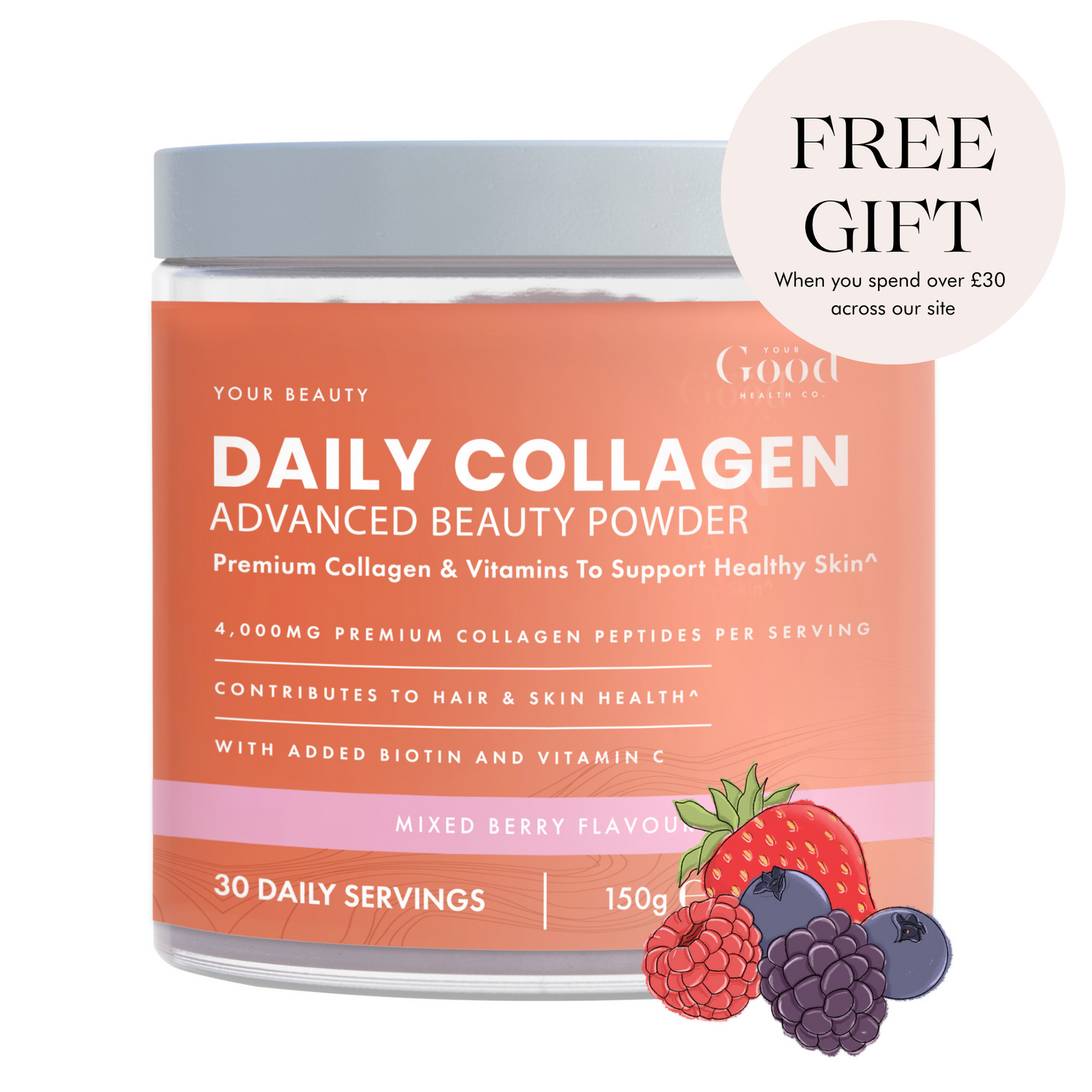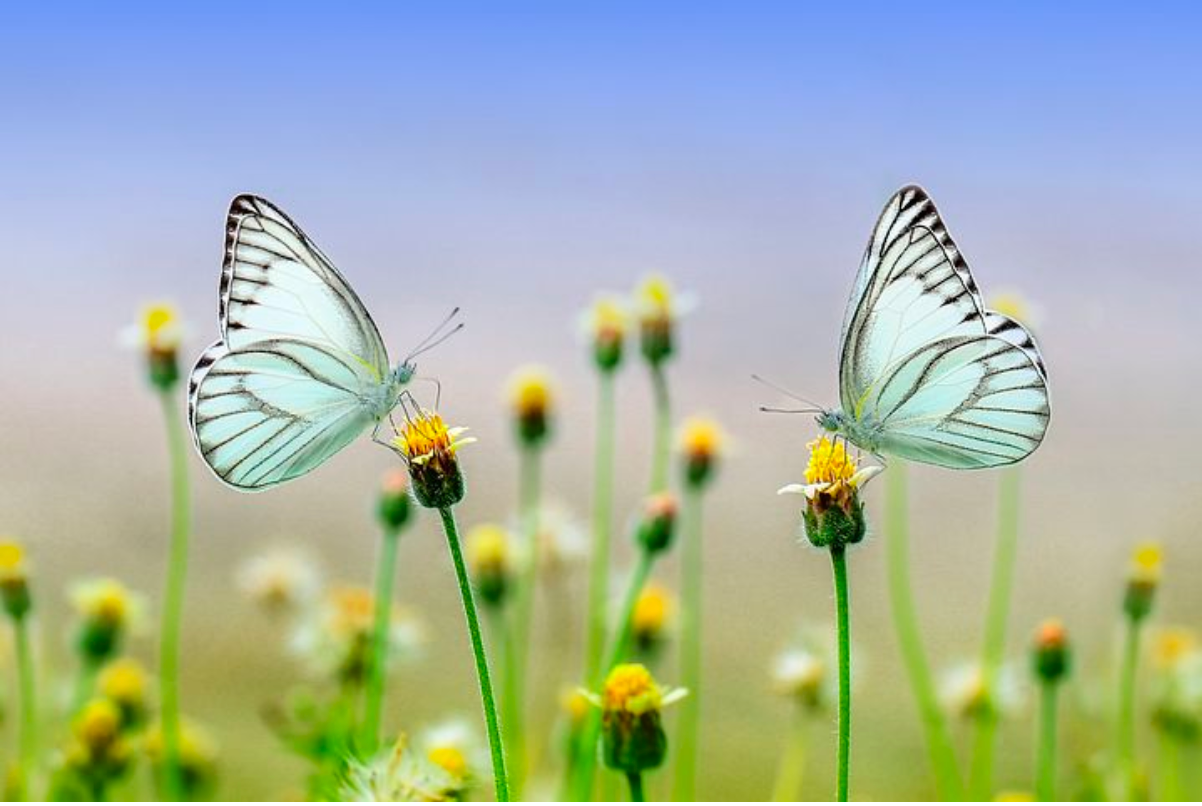Nowadays, we hear the word vegan being thrown around a lot. Whether it’s a chic vegan restaurant opening in town, a tag on your stunning new boots or your cousin’s latest dietary preference, veganism is becoming increasingly common in our society. But it’s easy to get confused with all the eating jargon: vegan, pescetarian, vegetarian, celiac… The list goes on! So, we’ve made it easy for you to figure out what veganism is all about.
What is Veganism?
Veganism is a lifestyle that involves omitting all animal products and by-products from your diet. That means ditching food such as meat, dairy, eggs and even honey. Instead, vegans have a plant-based diet, with most of their nutrition coming from fruits, veggies, grains and nuts. Although this might sound restrictive at first, there are lots of delicious and well-balanced meals that can fit a vegan diet.

Veganism extends beyond diet as well for many people, as any items that are made from or by animals are to be avoided, including materials like leather and fur.
Living A Vegan Lifestyle
So, what is it like to actually be vegan? Life without cheese or bacon sarnies might sound daunting at first, but you can quickly adjust to a vegan lifestyle once you figure out some of the tricks of the trade.
Vegan alternatives are popping up around every corner at the moment. You have a rich choice for milk substitutes, like creamy oat milk or sweet hazelnut milk, as well as classics like soya milk and almond milk.

Vegan cheese is also becoming increasingly popular and increasingly varied - you can get your hands on delicious smoked applewood vegan cheddar or vegan blue cheese. Being vegan doesn’t mean you can’t bring the best cheese board to the potluck!
As far as meat alternatives go, you have two main categories: the kind that mimics meat as closely as possible and the kind that mimics the heartiness of meat but eschews the flavour for something new. Both options can be totally scrumptious and are used in a range of recipes. Fancy fried chicken? Simply batter and deep fry oyster mushrooms. Craving a juicy burger? The Beyond burgers in your local supermarket are near-identical to the real thing. Can’t live without your pulled pork taco? Jackfruit will solve all your problems.

Between Stella McCartney sausages and homemade seitan, there’s nothing you can’t achieve in a vegan diet. Some vegan restaurants have even perfected the art of a vegan egg with runny yolk. The vegan boom has brought with it a wave of creativity and passion that has made vegan food accessible and appealing to everyone.
If you’re struggling to think of varied, nutritious meals that are suitable for vegans, then fear not. Vegans living off of salads is an urban myth. Staple dishes like daal, curry and pasta are readily customisable and can feature vegan-friendly ingredients. Protein-rich ingredients such as lentils, soy beans, quinoa and oats are great to feature in whatever meals you’re having to make up for the loss of meat in your diet.

Health Benefits of Veganism
A vegan diet boasts a range of health benefits that are hard to ignore.
If you’re trying to shift some Christmas weight, this could be an easy option that doesn’t require intensive calorie counting, as vegan foods tend to be lower in calories than a meat-based diet. Also, animal products are higher in saturated fats than most foods found in a vegan diet, making it easier to lose weight while eating plant-based.
Eating a plant-based diet also lowers your cholesterol levels, which in turn reduces your risk of heart disease. Who knew going vegan could literally be a lifesaver?

Following a vegan diet can also reduce your blood sugar which makes it easier to manage and even prevent Type 2 diabetes. In fact, it lessens your chance of developing this disease by up to 78% - it’s hard to argue with those odds!
Vegans also have been found to have the lowest rates of cancer of any diet. This is attributed to multiple factors, such as processed meats increasing risk of cancer for omnivores, the rich presence of chemical compounds called ‘phytochemicals’ in plant-based diets which interrupt processes that cause cancer production, and the high fibre levels common in the vegan diet which help protect against breast and colorectal cancer. Talk about plant power…

As well as these internal benefits for our body, a vegan diet can also improve our skin due to bioactive chemicals in a plant-based diet that promote oxidant defence, reduced inflammation and structural support of the skin. That’s right, the food you eat can give you a radiant glow.
Veganish
Although veganism is a very possible - and increasingly accessible - lifestyle with a lot of benefits, it’s still a huge decision, and not one that should be taken lightly.
Veganism doesn’t suit everyone and takes a lot of hard work and dedication to maintain, especially if you don’t live in a big city with endless vegan options at your fingertips. Some people also can’t partake in veganism due to health concerns; it’s always best to consult your physician when making a drastic lifestyle change.
However, that doesn’t mean you can’t do a taste-test, so to speak. Let us present to you the concept of being ‘veganish’, the vegan equivalent of a ‘flexitarian’ vegetarian - someone who partakes in the lifestyle some of the time, but doesn’t feel obligated to do it all day, every day. Basically, you get to have your non-vegan cake and eat it too.

This can work by allocating certain days or meals to be vegan, or simply by opting for vegan alternatives when it’s convenient for you. Swapping your pint of semi-skimmed milk for a carton of oat milk is much easier than requesting a whole separate meal at Christmas dinner! Taking vegan collagen supplements to promote skin elasticity and hydration is just as simple as taking traditional bovine collagen supplements.
It doesn’t have to be all or nothing, it just has to work for you.
If you want to dip your toe in the vegan water, we might just have a product dropping soon that will be the perfect opener.





